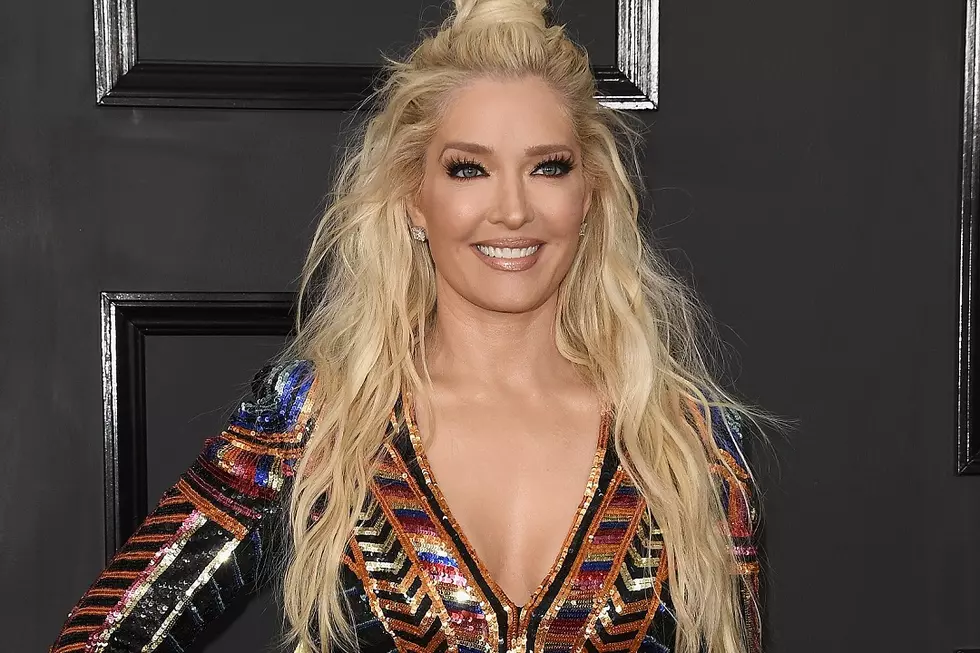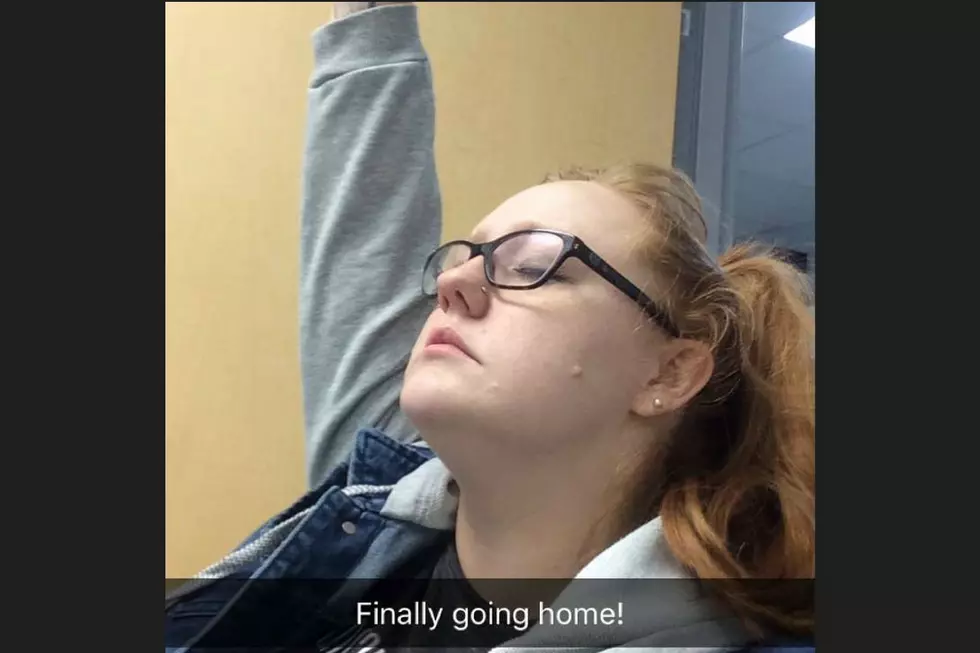
‘Lady Bird’ Review: An Authentic and Bittersweet Coming-of-Age Story From Greta Gerwig
Every once in a while you stumble upon a near-perfect movie that is so sharp, warm, and genuine you can’t wait to watch it all over again once the credits roll. That’s Lady Bird, Greta Gerwig’s solo directorial debut — she previously co-directed Nights and Weekends with Joe Swanberg — loosely inspired by her teenage years in Sacramento in the early 2000s. It’s a movie that takes you back to the heartaches of being a teen, captures what it feels like to be an outcast in high school, and poignantly understands the delicate emotional nature of young adulthood with snappy humor and sensitivity.
Saoirse Ronan is Christine McPherson, a senior at a Sacramento all-girls Catholic school in 2002. She sports faded DIY red hair, a neon pink cast, and insists on going by her nickname, Lady Bird; “I gave it to myself,” she says of the moniker. “It’s given to me, by me.” Similar to many of Gerwig’s characters, Lady Bird has a rebellious streak and a longing to escape her humdrum suburb for the culture of New York City. She’s obstinate, confident, and passive-aggressive like her mother (Laurie Metcalf), the type of teenager who jumps out of a moving car to spite her mom in the midst of an argument (hence the cast).
Lady Bird chronicles many quintessential teenage woes, from friendship drama to sex and heartbreak, from college pressures to family troubles. Ronan’s teen applies to colleges (though in secret since her family can’t afford tuition), tries out for her first school musical, and shares her first kiss with the cute drama geek Danny (a charming Lucas Hedges), until the pretentious cool guy Kyle (a perfectly douchey Timotheé Chalamet) catches her eye. Ashamed of her working class family and newly unemployed father (Tracy Letts) — “We live on the wrong side of the tracks,” she tells Danny — she pretends to live elsewhere to impress the popular girl (Odeya Rush).
On paper, Gerwig’s film, which she also wrote, may sound like the same old high school coming-of-age dramedy we’ve seen before, but Lady Bird never mimics movies of its ilk. Instead, Gerwig takes the tired cliches of the genre and injects them with freshness and specificity. In one of the film’s best scenes, teens losing their virginity isn’t something special and magical — as it’s so often portrayed — but awkward, crushingly disappointing, even. In another, Lady Bird shopping for her homecoming dress isn’t the joyous mother-daughter bonding moment you may expect, but tense and aggravating as the two bicker over their failed expectations of one another. Gerwig never sugarcoats or skirts past the harsher bits of young adulthood, opting for a more authentic look at the sadness of trying to figure it all out. As Lady Bird’s best friend Julie (Beanie Feldstein) says in one emotional scene, “We’re not all built for happiness.”
Lady Bird is especially unique for Gerwig’s characters, brought to life with quirky idiosyncrasies. Chalamet’s Kyle is that guy who rolls his own clove cigarettes, reads A People’s History of the United States, and says things like “Hella tight,” while Hedges’ Danny is the sensitive kid who sings Sondheim. The two may play classic boy types, but they’re not the one-dimensional versions you’ve seen before. That relatable specificity is all over Lady Bird, from the soundtrack — Justin Timberlake’s “Cry Me A River” blasts at a house party, and Lady Bird and Julie sob to a Dave Matthews Band track in a parking lot — down to the acne poorly hidden under cheap makeup on Ronan’s cheeks. Again and again, Lady Bird nails what it’s like to be a teen, especially for the Millennial or Gen X set.
It’s almost freaky how much Lady Bird echoes my own senior year. From the title character’s itch to flee the monotony of a California suburb for an East Cast liberal arts school to her family’s financial struggles and her relationship with her mother, I almost thought Gerwig was taking pages from my story. Yet, since seeing it, I’ve heard myriad different things other critics found relatable about it. What’s most magnificent is how Lady Bird manages to strike an emotional chord that’s simultaneously personal and universal. Gerwig understands the pains and the humorous discomforts of growing up so acutely that Lady Bird feels like it was made just for you. It’s the kind of movie that hurts, but you’ll find yourself laughing though the tears.
Gerwig nails a tone that balances witty humor with heartbreaking sincerity, and gets a range of wonderful performances, both big and small, out of her cast. Ronan is simply excellent, both brisk and vulnerable as a teen acting like she’s figured it all out when she truly has no idea what she wants. The supporting cast — including Hedges, Chalamet, Feldstein, Letts, and a delightful cameo by Lois Smith as a nun — are all equally memorable, but the standout is Metcalf. She gives a piercing performance as a mother desperately holding the pieces of her family together as they slip from her fingers. It’s one of the most achingly honest portrayals I’ve seen of a mother who loves so deeply, but can’t set aside her own stubbornness to show it. If Metcalf doesn’t make you want to call your mom by the end of Lady Bird, I’m not sure what will.
Over the years, Gerwig has proven her knack for channeling the ennui of a particular age, both in her previous writing and performances, but with Lady Bird all of that culminates into a fully-formed, authentic work that’s nothing short of confident. It’s a movie that’s as devastating as it is awkwardly funny, which is pretty much high school in a nutshell.
More From 96.5 KVKI










